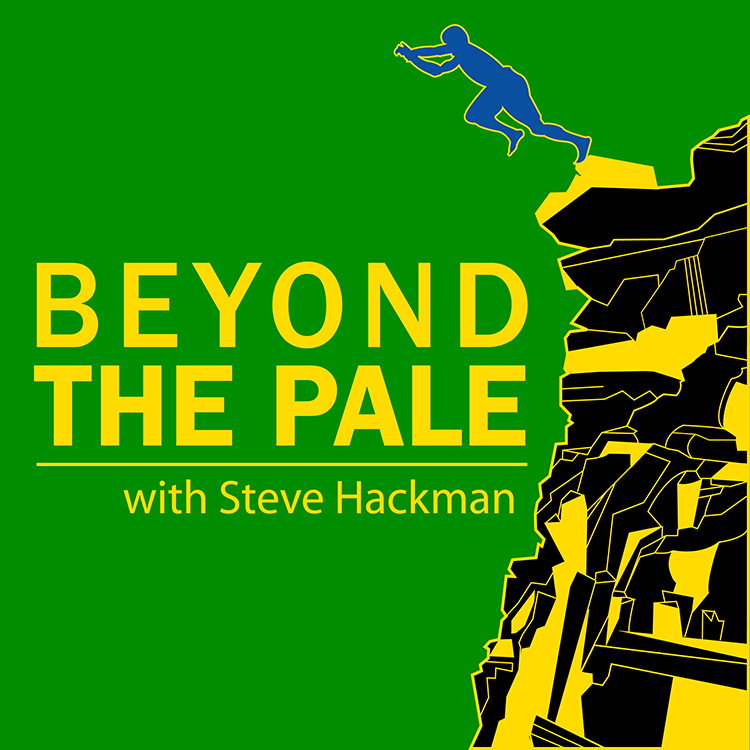5 Reasons People Didn’t Like My 5 Reasons “Sinners” Were Entering The Kingdom Of God Ahead Of Christians
 My previous post 5 Reasons Sinners Enter The Kingdom Of God Ahead Of Christians generated more than the usual feedback. Many found it “sobering”, “so true”, and “I Love this”.
My previous post 5 Reasons Sinners Enter The Kingdom Of God Ahead Of Christians generated more than the usual feedback. Many found it “sobering”, “so true”, and “I Love this”.
Never the less others were less than inspired; “weird”, “completely got it wrong”, “wrong doctrine”. One guy even went so far as to say my theology was like Pope Francis’ “feel good God loves everybody no matter what approach” and would eventually lead to endorsement of sex with animals.
Ok, leaving that last one in the rubbish bin I thought it might be a good idea to look at and address some of the more thoughtful and honest critiques generated by the post. So here are 5 Reasons some folk didn’t like my first 5 Reasons:
1) They could not see a correlation between the religious pharisees of Christ’s time with Christian leaders today.
Some of the folk who stumbled over this article argued that it was wrong to draw parallels between Christians and Pharisees. That Christians have been “made clean” by receiving the sacrifice of Jesus while the Pharisee’s wrongly “looked to the law” for their salvation. It’s interesting though how both groups avail to some special status conferred to them by God to place themselves above others (aka “sinners”). The Jews pointed to the fact that they were God’s chosen “sons of Abraham” whose validation from God was the receiving of the Law. Christians instead point to their confessing Christ and how they are now en grafted into God’s family.
John the Baptist however countered that thinking when he was preparing for God’s Kingdom to begin;
“Therefore bear fruit in keeping with repentance; and do not suppose that you can say to yourselves, ‘We have Abraham for our father’; for I say to you that from these stones God is able to raise up children to Abraham.
Matthew 3:9
I rather suspect John could counter Christians special status in much the same way:
“Therefore bear fruit in keeping with repentance; and do not suppose that you can say to yourselves, ‘We have received Jesus Christ as our personal Lord & Savior’; for I say to you that from these stones God is able to raise up children who can receive Jesus Christ as their personal Lord & Savior.
What matters is are you “bearing fruit” that marks you as someone who is a citizen of God’s Kingdom? I suggest that people you perceive as “sinners” are often bearing more fruit than you. Which causes many Christians, like the Pharisees before them, to trumpet their presumed special status even louder!
2) They see salvation only in terms of a “one time” gift
Some folk struggled with the post because they could not see how sinner’s could have the benefits of being “saved” when they hadn’t received Christ yet. Like many aspects of God’s Kingdom there are two realities at work. For example:
Is the Kingdom of God here now…or is in still coming?
Well, it’s both really. It’s hard to explain. Same goes for salvation.
Are you “saved” now or are you in the process of “bring saved”?
Well, there are aspects of both that are true. I mean through Jesus’ birth, life, death, and resurrection he “saved” everything:
For it was the Father’s good pleasure for all the fullness to dwell in Him, and through Him to reconcile all things to Himself, having made peace through the blood of His cross; through Him, I say, whether things on earth or things in heaven
Colossians 1:19-20
As we “repent” (begin agreeing with God) and embrace the Way Jesus taught, we find ourselves in healthier and more fruitful relationships between ourselves and
* creation,
* our fellow neighbor,
* with God
Often (again not always) people perceived as “sinners” engage in this Way and see the fruit (the results) in keeping with God’s “Best Practices” more so than those “confessing Christians”.
So if someone sees “salvation” primarily as insurance for the afterlife they would certainly struggle with this article.

3) They struggle with “religious conditioning”!
As I mention in the original article, when someone has been told, often from a young age, that in order to:
* go to heaven
* have God’s favour and / or protection
* avoid God’s wrath and /or hell
* make God happy!
you must do things, say things, attend things, and avoid things in a certain way it is VERY hard to get them to see past that “conditioning” to the Kingdom Jesus came to announce.
The religious leaders of Christ’s time rejected this message because it countered the narrative they had been told about who God is and what he’s like. Many Christians today cannot receive it for the exact same reasons. They start with pre-conceived ideas and definitions of “sinner”, “salvation”, “heaven”, “grace”, “kingdom”, and “Christian”. When a different understanding is suggested the instinct is to reject it.
4) People find validation and security in their current understanding and it is to destabilizing to consider they may have spent years being wrong!
Let’s face it, if you have given money, passion, and years of your life to a certain understanding about God it is a huge decision to jump ship. Huge! (Especially if you are a pastor) And you will tend to respond in one of two ways…
You either are:
* like Nicodemus, a Pharisee who was so intrigued by what Jesus was sharing that he snuck out to find out more about this strange new Way he was sharing that countered his very notions about God (John 3).
or
* like most of the other leaders of Jesus’ time. You “double down” on your present understanding and re-enforce it. Toleration goes out the window as the need to silence this other narrative of God resonates in your ear.
I understand though…it’s hard. Even Jesus’ disciples struggled with the Way he taught. Some even decided they couldn’t follow him anymore. (John 6: 60-66) As Morpheus in the Matrix says:
“You have to understand, most people are not ready to be unplugged, and most of them are so inured, so hopelessly dependent on the system, that they will fight to protect it.”
If your identity and / or validation comes from your current “Christian” system, giving it up (aka “repenting”) is pretty hard to do.

5) They confuse “Heaven” and the “Kingdom of God.
This last reason touches a bit on the other reasons. Some people see the Kingdom of God as their heavenly afterlife reward to such a degree that they struggled over the idea that:
* a “sinner” could be there in the first place
* that said “sinner” could be suggested to be “ahead” of them
Jesus however, when talking about what happens “after”, tended to use the phrase “the Age to Come”. Human history, continuity, and ultimate reconciliation with heaven was the focus. That it should be on Earth as it is in heaven is really the fruit of the Kingdom of God operating in our midst. If you see the Kingdom of God as the Way of Christ at work in the Earth and you see Jesus as inviting you to participate as a citizen in that new “Way” you will probably view the article I wrote in a certain light and be more likely to agree with it.
If, however, you see the Kingdom of God as a heavenly reward after death for a verbal confession and belief of Christ’s sacrifice and see your role on Earth primarily to induce others to that same confession and belief, well, then 5 Reasons Sinners Enter The Kingdom Of God Ahead Of Christians would certainly be a stumbling block for you.
Hope this clarifies a few things,
Peace,
Steve

